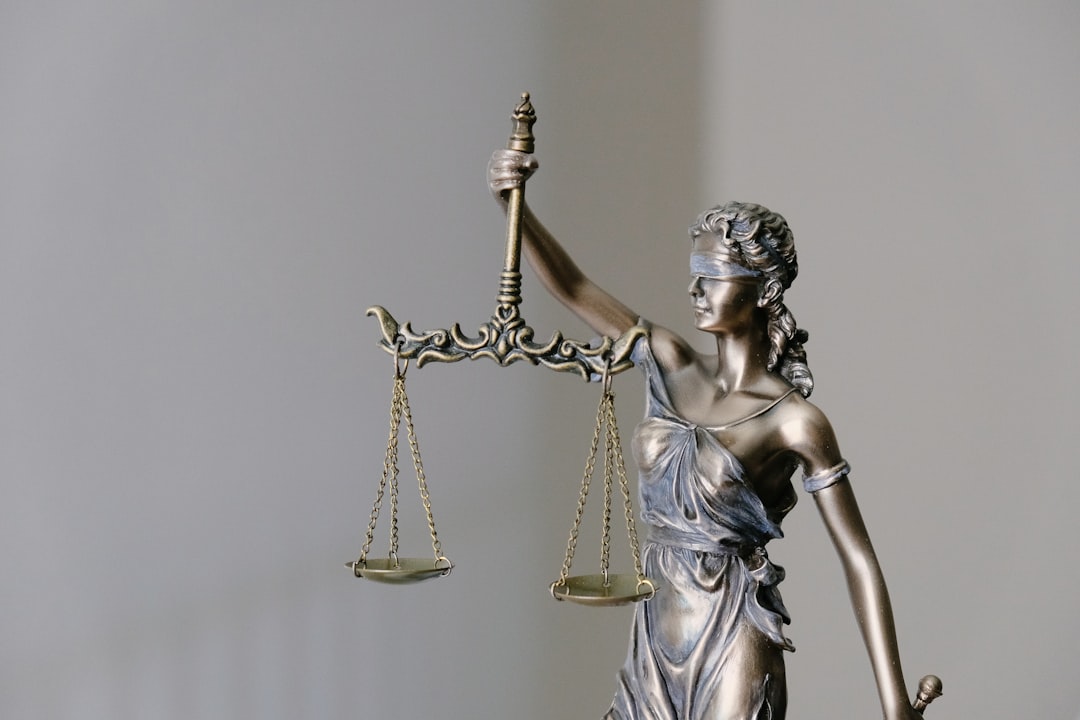In Arkansas, community education-driven bystander intervention empowers residents to prevent and respond to sexual assault. Workshops led by sexual assault attorneys equip individuals with recognition skills and foster a culture of support and accountability. This proactive approach not only helps victims but also holds perpetrators accountable, making communities safer. A trained sexual assault attorney in Arkansas is a vital resource for survivors, guiding them through legal processes, advocating for compensation, and promoting recovery while ensuring justice.
In Arkansas, bystander intervention plays a crucial role in preventing and addressing sexual assaults. This article explores how residents can contribute to a safer community through understanding bystander intervention dynamics. We delve into community awareness, recognizing signs of sexual assault, and knowing when to take action. Additionally, we discuss the legal aspects with insights from a sexual assault attorney in Arkansas, highlighting their vital role in supporting survivors and ensuring justice.
Understanding Bystander Intervention in Arkansas: The Role of Community Awareness

In Arkansas, bystander intervention is a powerful tool in the fight against sexual assault. This concept encourages individuals to take action and prevent potential harm when they witness or suspect an incident of sexual misconduct. By raising community awareness, residents can play a vital role in creating a safer environment for everyone.
Community education is key to this process, as it equips people with the knowledge and skills needed to intervene safely and effectively. Workshops and training programs often led by sexual assault attorneys in Arkansas can help individuals recognize red flags, understand their rights, and learn practical strategies to step in when necessary. This proactive approach fosters a culture of support and accountability, ensuring that victims feel empowered and potential perpetrators face consequences.
Recognizing and Responding: Signs of Sexual Assault and When to Take Action

In Arkansas, recognizing and responding to potential sexual assault is a vital step in prevention. It’s crucial to be able to identify signs that someone might be experiencing or about to become a victim. Sexual assault can occur in various settings, from public spaces to private homes, and it often involves coercion, force, or manipulation. If you witness behaviors such as excessive alcohol or drug consumption, isolation from friends, sudden changes in behavior, or unusual physical appearances, these could be red flags.
As a bystander, if you suspect someone is in danger or has been sexually assaulted, take action. Contact local law enforcement immediately and provide them with as much detail as possible. Additionally, encouraging the victim to seek medical attention is essential, as they can receive necessary care and evidence collection may be initiated for potential legal proceedings, with the assistance of a sexual assault attorney Arkansas residents can access for support. Remember, timely intervention can make a significant difference in the outcome of such situations.
Legal Aspects: What a Sexual Assault Attorney in Arkansas Can Do to Help

In the event of a sexual assault, a trained legal professional is an indispensable ally for victims in Arkansas. A sexual assault attorney in Arkansas can guide survivors through the complex legal system and ensure their rights are protected. They play a crucial role in navigating the criminal justice process, from filing official reports to representing individuals in court. These attorneys specialize in understanding the nuances of state laws related to sexual offenses, which is essential for building a strong case.
Their expertise also extends to helping victims understand their options for civil litigation, providing support and compensation for long-term physical and emotional trauma. A qualified lawyer can educate clients about their legal rights, offer strategic advice, and advocate on their behalf. This assistance is vital in cases where the assault has caused significant psychological or physical harm, as it allows survivors to focus on recovery while ensuring their assailants are held accountable through the legal system.






